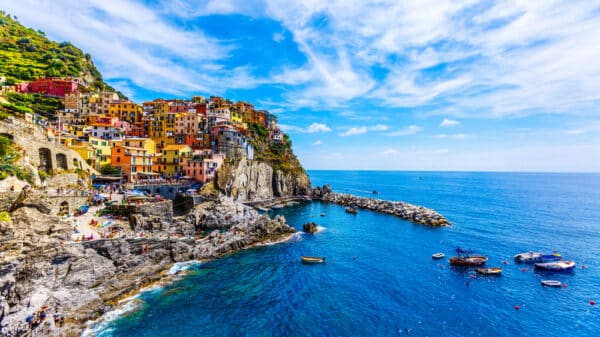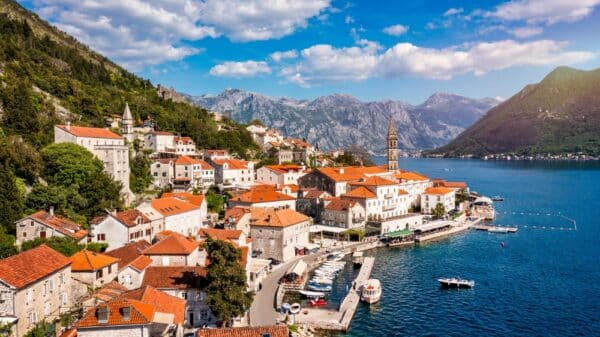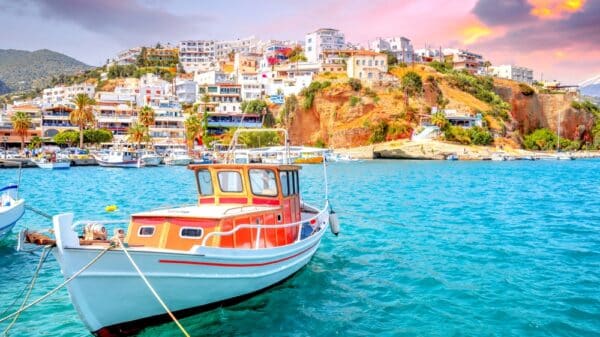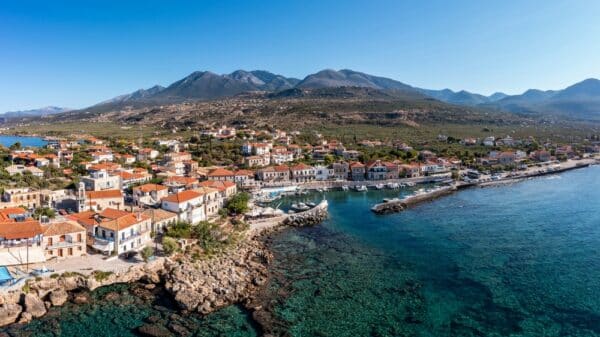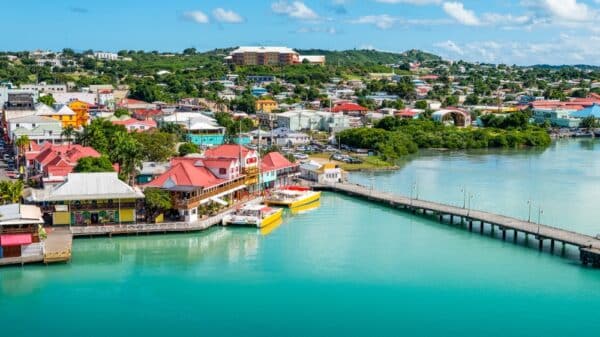Tourism undeniably plays a crucial role in boosting local economies and fostering cultural exchange. However, without effective management, it can lead to significant challenges, as demonstrated by the situation in Spain. This vibrant country, known for its rich history and diverse landscapes, is currently grappling with the consequences of overtourism.
The Strain of Tourism on Local Life
Spain’s reliance on tourism for economic stability has resulted in increased pressure on local communities. In cities like Barcelona, residents have voiced their frustrations through anti-tourist protests, particularly during the peak travel season. Similarly, the picturesque island of Mallorca has witnessed an uprising as locals have expressed their displeasure towards foreign property investors by openly declaring, “You are not welcome.”
Legislative Measures Addressing Overtourism
In response to the growing discontent, the Spanish government has ramped up efforts to regulate holiday rentals, particularly in highly trafficked areas. Recently, authorities took a significant step by preventing 65,000 holiday lets from advertising online. Furthermore, an additional 53,000 properties have been flagged for non-compliance with housing regulations.
A law enacted on January 2 mandates that all holiday homes must be registered. This initiative aims to bring rogue properties into compliance and reduce the number of short-term rentals that contribute to the housing crisis in popular tourist destinations.
Prime Minister Pedro Sánchez announced these measures, highlighting the prevalence of irregularities in properties often converted for holiday use. The goal is to transition these homes into permanent rentals to support young individuals and families in Spain, thus addressing local housing shortages.
Impact on Holiday Rental Platforms
In light of these regulations, major booking platforms like Airbnb and Booking.com have been instructed to withdraw listings for the identified properties. Airbnb has expressed its willingness to cooperate, emphasizing that this transition will not significantly impact its business. Instead, the company envisions this as a fresh chapter in Spain, focusing on sustainable growth and collaboration with the government.
Notably, Andalusia has been the hardest hit, with nearly 17,000 illegal rentals flagged. The Canary Islands and the Valencian Community also face challenges, with more than 8,600 and 7,500 illegal flats identified, respectively.
Practical Implications for Travelers
For travelers planning a trip to Spain, the immediate consequence of these regulations is a potentially reduced selection of short-term rentals. However, your overall experience should remain largely unaffected. To minimize your impact while traveling, consider opting for established hotels or discovering lesser-known cities that promise cultural experiences without overwhelming crowds.
If you’ve already booked a non-compliant property, reach out to the owner for guidance on registration or seek assistance from the booking platform regarding refunds or alternate accommodations.
The Bigger Picture: Overtourism in Europe
Spain’s struggles with overtourism raise essential questions for the entire European continent. The challenge lies in finding effective solutions and encouraging responsible tourism practices. Travelers can play an integral role in this transformation by being mindful of their choices and supporting sustainable travel initiatives.
In conclusion, Spain’s approach to managing overtourism reflects a broader need for balance in tourism. By prioritizing community needs and sustainable practices, Spain not only enhances the experience for visitors but also safeguards the wellbeing of its residents and environment for the future.
Image Source: Unsplash

